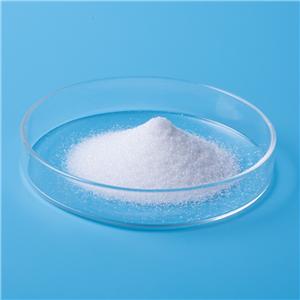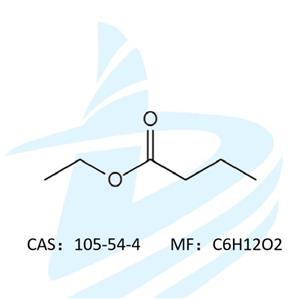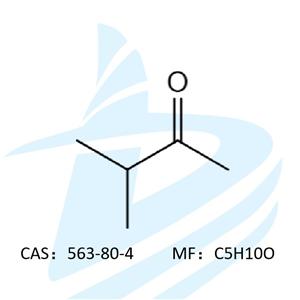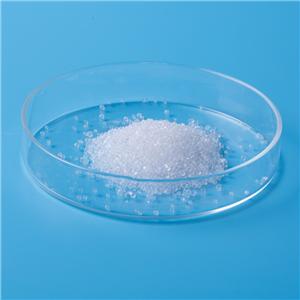An antibiotics free era in China's food-producing animal husbandry
Since the first discovery of antibiotics in the 1930s, it has played an indelible role in the treatment and prevention of human diseases. Feed antibiotics are developed on the basis of human antibiotics. Adding sub-therapeutic doses of antibiotics to feed can effectively increase the feed conversion rate and promote the growth of livestock and poultry. As one of the effective ways to improve animal health and production level, antibiotics have played a huge role in a long time. However, with the in-depth research on the growth-promoting mechanism of antibiotics and the attention of countries in the world to food safety, the problems of drug resistance, drug residues in animal products and environmental pollution caused by the abuse of antibiotics as feed additives have attracted global attention. Sweden, the European Union, Japan, South Korea and other countries successively banned the use of antibiotic growth promoters in feed in 1986, 2006, 2008 and 2011 respectively. In August 2016, 14 ministries and commissions jointly issued the National Action Plan to Curb Bacterial Resistance (2016-2020) to address the risks and challenges posed by bacterial resistance. Through continuous improvement, the Ministry of Agriculture and Rural Affairs of the People's Republic of China issued the "Announcement No. 194 of the Ministry of Agriculture and Rural Affairs of the People's Republic of China" in 2019, stipulating that the addition of antibiotics in feed will be completely banned from July 1, 2020, which opens a new era of antibiotics free feed in China. Feed additives to enhance the animal gut health would be in demand. For example, "Tributyrin" can release Butyric Acid in the small intestine and act on intestinal cells, which solves the problem that Butyric Acid is volatile and has strong odor. And it can promote nutrient digestion and absorption and improve the body immune ability, thus promote the healthy development of livestock and poultry intestines and improve animal production performance.




